1. We Were Always Switching Between Languages Without Realizing It
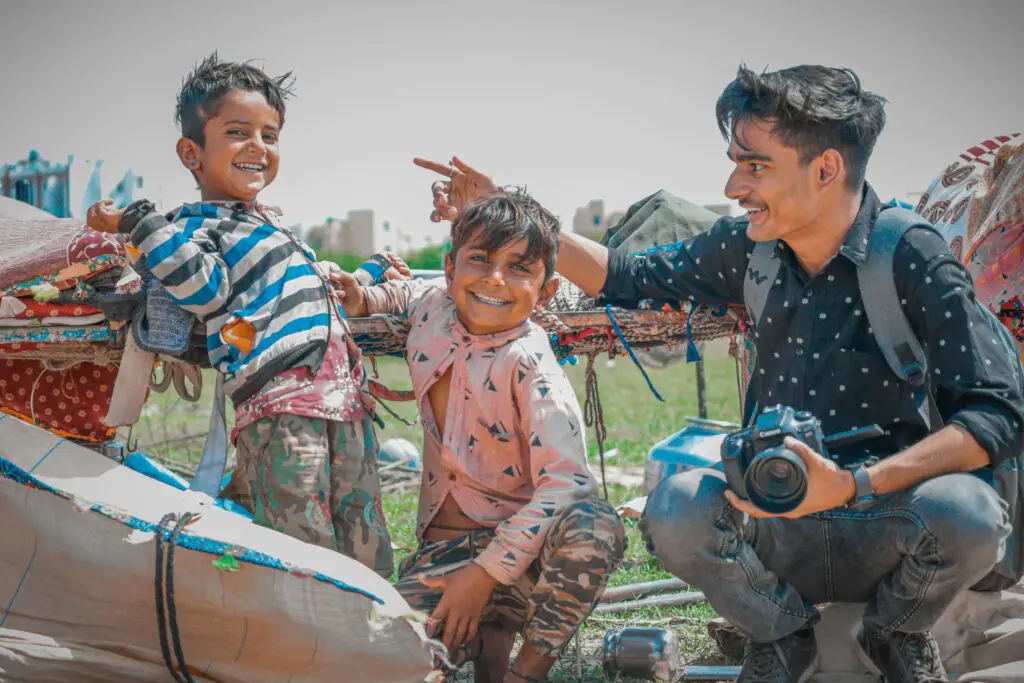
One moment, we were speaking English, and the next, we’d slip into another language mid-sentence like it was second nature. It wasn’t something we did consciously—it just happened, especially at home. Our parents might start a conversation in their native tongue, and we’d respond in English or a mix of both. Sometimes, we’d even invent our own hybrid words that made perfect sense to us but left monolingual friends confused. This constant back-and-forth meant we were always thinking in multiple languages, even when we didn’t mean to. At school, our friends would stare when we accidentally blurted out a word in another language, and we’d have to quickly translate. Teachers sometimes assumed we were daydreaming, but in reality, our brains were just operating on a different level. It also meant we picked up accents easily, sometimes without realizing it. Watching TV, we’d mimic the way characters spoke, blending different linguistic influences into our speech according to Writing Our Future.
At times, it felt like we had two different versions of ourselves—one at home and one in the outside world. At home, we spoke in a mix of languages, used different gestures, and even had a different sense of humor. But outside, we had to adjust, making sure we spoke “correct” English so we wouldn’t stand out. This duality shaped our identity in ways we didn’t fully understand until we were older. It made us adaptable, but it also sometimes made us feel like we belonged to neither culture fully says Buzzfeed. We’d be fluent in our parents’ language but still struggle with certain phrases that didn’t quite translate. And yet, this fluidity became our superpower—we could navigate different spaces with ease. It was confusing at times, but looking back, it was also a gift.
2. We Had a Secret Language—Until It Backfired

Speaking multiple languages meant we had an unintentional superpower: we could talk about people right in front of them without them understanding a word. Or at least, that’s what we thought. As kids, we’d whisper to our siblings in our parents’ language, feeling like undercover agents in public spaces. In school, we could joke about something without our teachers catching on, which felt like having an unfair advantage. It was also useful for eavesdropping on our parents when they thought we weren’t paying attention. But then, the inevitable happened—we underestimated just how many multilingual people were around us. That moment when a stranger turned around and responded to our “secret” conversation was mortifying says VICE.
It only had to happen once for us to learn our lesson, but that didn’t mean we stopped doing it entirely. Instead, we got sneakier, using slang or mixing up words in ways only our family would understand. There was a thrill in it, a small act of rebellion that made everyday moments more exciting. However, sometimes even our parents would call us out for using the wrong word or mixing up grammar. It was a humbling experience to realize we weren’t as fluent as we thought. Over time, we learned to appreciate the beauty of languages beyond just their usefulness for secrecy. They weren’t just tools—they were living, breathing connections to our heritage.
3. Our Lunches Were Always a Topic of Discussion
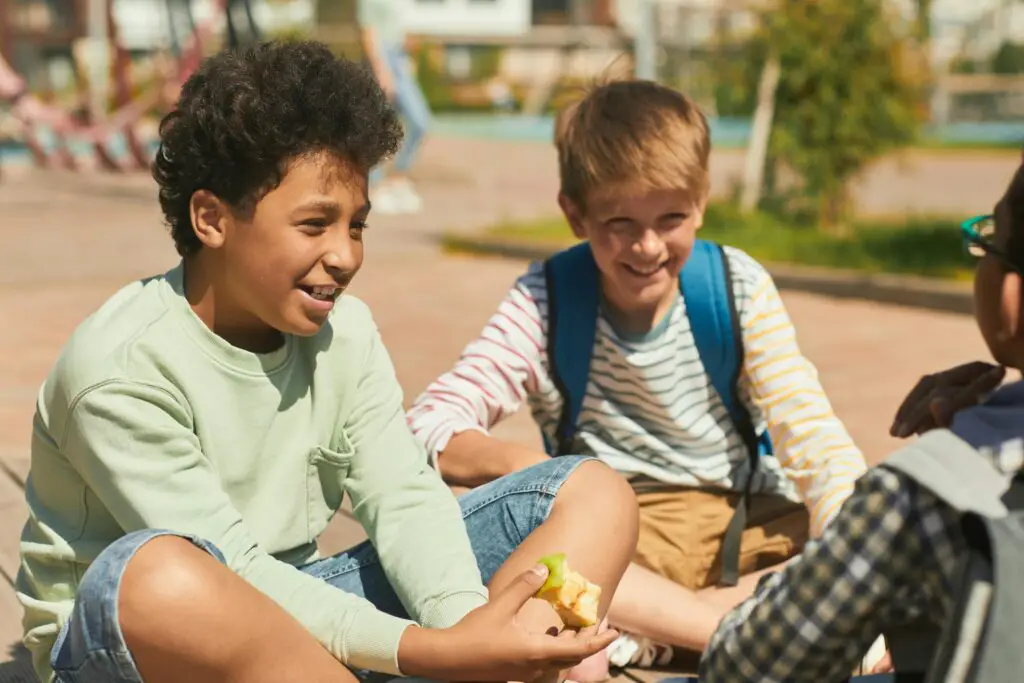
Lunchtime in the cafeteria was always an experience because our food never quite looked like everyone else’s. While other kids had peanut butter and jelly sandwiches, we had dishes with names our classmates couldn’t pronounce. Some days, it felt like a point of pride—our food smelled amazing, tasted even better, and was packed with flavors others had never even heard of. But other times, it made us self-conscious, especially when kids wrinkled their noses and asked, “What is that?” There was always that one kid who thought anything unfamiliar was “gross,” and we’d have to fight the urge to snap back explains Voices of Youth.
Still, our parents packed our lunches with love, and eventually, we learned to appreciate them even more. Sometimes, we’d try to “Americanize” our food, begging for Lunchables or turkey sandwiches just to blend in. Other times, we’d proudly share our dishes, feeling like cultural ambassadors as our friends took hesitant bites. By high school, the same kids who once made fun of our lunches were now begging for a taste. It was a full-circle moment, realizing that what once made us feel different actually made us special. Now, as adults, we crave those same home-cooked meals that once embarrassed us.
4. We Translated Everything for Our Parents—Even When We Had No Idea What We Were Saying
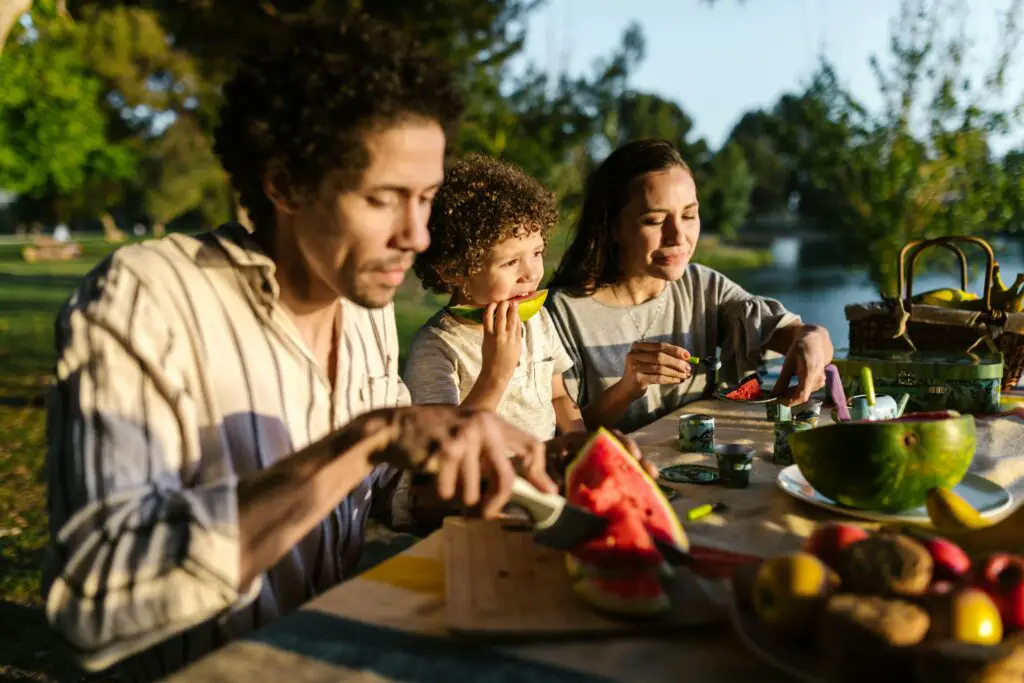
From a young age, we became our parents’ unofficial translators, whether we were ready for it or not. Doctors’ appointments, parent-teacher conferences, and even confusing legal documents all fell on our little shoulders. Sometimes, we barely understood the words ourselves, but we’d still do our best, guessing meanings based on context. At times, we’d simplify things to spare our parents unnecessary stress. Other times, we’d get creative, adding our own explanations to make sense of the situation. The pressure was real, especially when adults assumed we were experts just because we spoke English fluently. It was both a privilege and a burden, making us grow up a little faster than our peers explains BBC.
There were also moments of pure comedy, like when we’d confidently mispronounce words or completely butcher a translation. Our parents would nod along, trusting us, while the person on the other side of the conversation looked increasingly confused. When we didn’t know a word, we’d invent something, hoping no one would notice. And when we didn’t want our parents to know what was being said, we’d soften the message—or just leave things out entirely. Looking back, it’s wild that we were given so much responsibility at such a young age. But in a way, it made us resourceful, able to think on our feet, and unafraid to tackle unfamiliar situations.
5. Family Gatherings Felt Like United Nations Summits
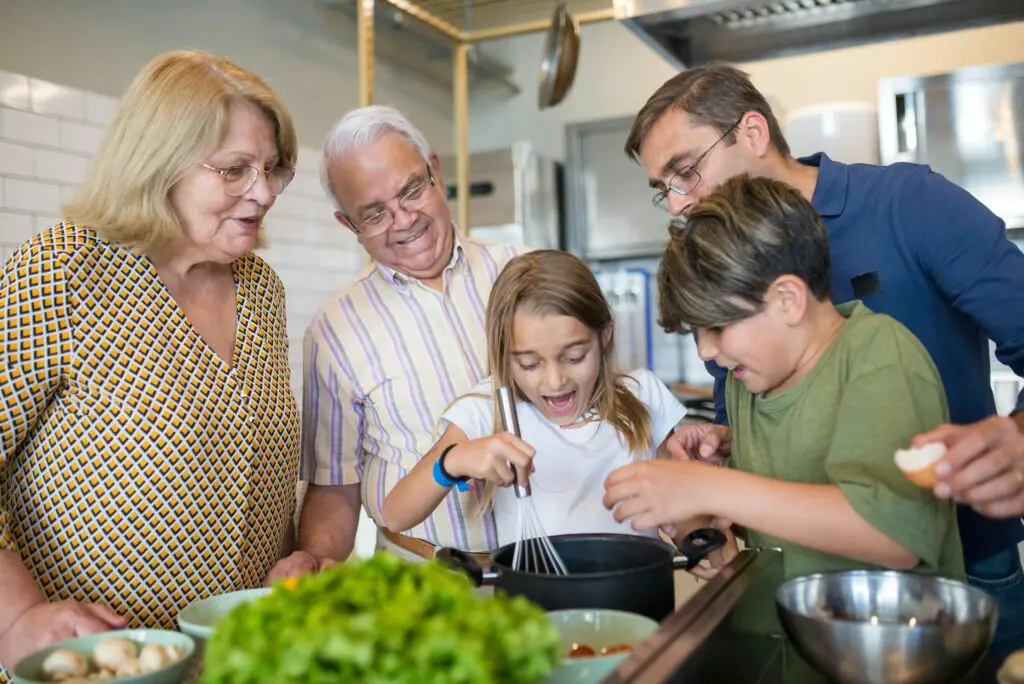
Family gatherings were a linguistic rollercoaster, with relatives switching between languages at lightning speed. Some family members spoke only our parents’ native language, while others mixed in English or even a third or fourth language. Conversations would zigzag in different directions, and we had to keep up or risk getting completely lost. There were moments when we’d nod along, pretending to understand everything, just to avoid being called out. Then there were the relatives who insisted we “should practice more” and quizzed us on vocabulary we barely used in daily life. It was both overwhelming and entertaining, like an unscripted multilingual comedy show.
At times, we’d act as mediators, translating jokes for cousins who didn’t speak one language or explaining cultural references to friends we’d invited over. There was always someone telling a dramatic story that got even more exaggerated with each retelling. And, of course, there were the inevitable mix-ups—like when someone confused a similar-sounding word and changed the meaning entirely. Even with all the chaos, those gatherings made us appreciate how diverse our family was. They were a reminder that language wasn’t just about communication—it was about connection, memory, and shared history.
6. Watching TV With Our Parents Meant Subtitles Were Always On

TV time in a multilingual household was never simple. Our parents preferred watching shows in their language, while we wanted to keep up with whatever was popular at school. Subtitles were a must, whether it was us reading them for our parents or them reading them for us. Sometimes, they’d try to watch English shows without subtitles, nodding like they understood everything, only to ask us a million questions afterward. Other times, they’d insist we watch something in their language “to practice,” even if we had no interest in it. We’d groan about it, but somehow, those shows ended up becoming part of our childhood memories.
There was always that one moment when subtitles didn’t match what was actually being said, and we’d laugh at how badly they were translated. Or worse—when the subtitles disappeared entirely, and we had to rely on body language and context clues. Occasionally, we’d struggle with a word in our parents’ language and end up using the wrong phrase, leading to a hilarious misunderstanding. It was frustrating at times, but it also made us more patient and aware of how different languages work. Now, as adults, we instinctively turn on subtitles for everything, no matter what language we’re watching.
7. Our Parents Had a Unique Way of Pronouncing English Words

No matter how fluent our parents were, there were always certain words that tripped them up. Sometimes, they’d add extra syllables, stress the wrong part of a word, or mix up similar-sounding phrases. We got so used to their versions of words that we didn’t even realize they were mispronounced until someone pointed it out. At school, we’d catch ourselves saying things the same way, only to get strange looks from classmates. It wasn’t just pronunciation—sometimes, our parents translated phrases directly from their language, creating sentences that made perfect sense to us but confused everyone else.
We’d try to correct them, only for them to argue that their way made more sense. And honestly, sometimes they were right—English has some truly illogical rules. Some of their mispronunciations became inside jokes, things we’d never correct because they were too endearing. But as much as we poked fun, we secretly admired their ability to navigate a language that wasn’t their first. Now, we find ourselves defending them when people mock accents, because we know firsthand how much effort goes into speaking multiple languages.
8. We Became Masters at Explaining Cultural Differences to Our Friends

Growing up, we were constantly bridging two worlds—our home life and the world outside. Friends would ask why we took our shoes off at the door, why our parents were so strict, or why we had to celebrate holidays differently. We became cultural translators, breaking down traditions in a way that made sense to kids who had never experienced them. Sometimes, the questions were innocent, and other times, they carried a hint of judgment. It was exhausting at times, but it also made us more aware of how unique our upbringing was.
There were moments of frustration when friends didn’t get why we couldn’t have sleepovers or why we had to follow certain customs. But then, there were also moments of pride when they showed genuine interest in our culture. Watching them enjoy our food, try out phrases in our language, or celebrate our holidays with us felt like a small victory. It reminded us that even though we sometimes felt different, we had something special to share. Looking back, those conversations helped shape our sense of identity and belonging.
9. Shopping Trips Took Twice as Long Because of Language Barriers
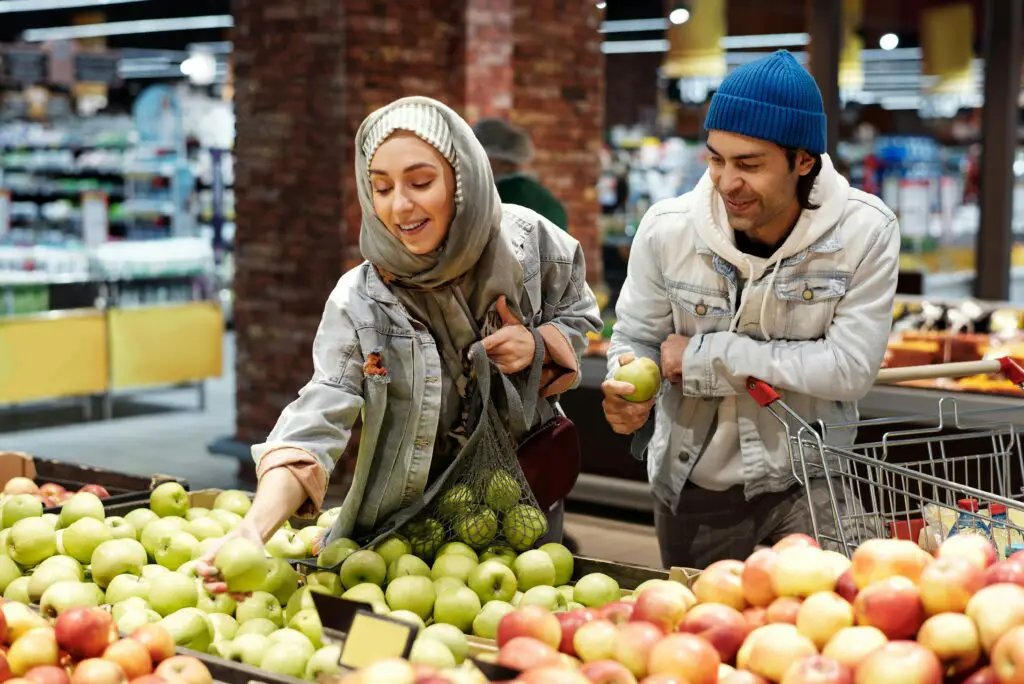
A simple trip to the grocery store with our parents often turned into a full-blown adventure. They’d ask us to find things, but they didn’t always know the English names, so we had to decipher what they meant. “Get the… you know, the thing for cooking!” could mean anything from flour to a specific spice. If a cashier or store employee spoke too fast, we’d have to jump in and translate, even if we had no clue what the exact words were. And then there was the classic parent move—haggling, even in places where it wasn’t a thing.
We’d get secondhand embarrassment when they’d ask for discounts in big chain stores, only for the confused employee to awkwardly explain that prices were fixed. At the checkout line, we’d have to read receipts and double-check that nothing was overcharged because our parents didn’t always trust the system. If there was an issue, we were the ones explaining it to customer service, hoping we got it right. By the time we left, we were exhausted, mentally translating every interaction in our heads. But as much as we rolled our eyes, we also admired our parents’ determination to make things work, no matter the language barrier.
10. Our Parents’ Home Remedies Were the Answer to Everything
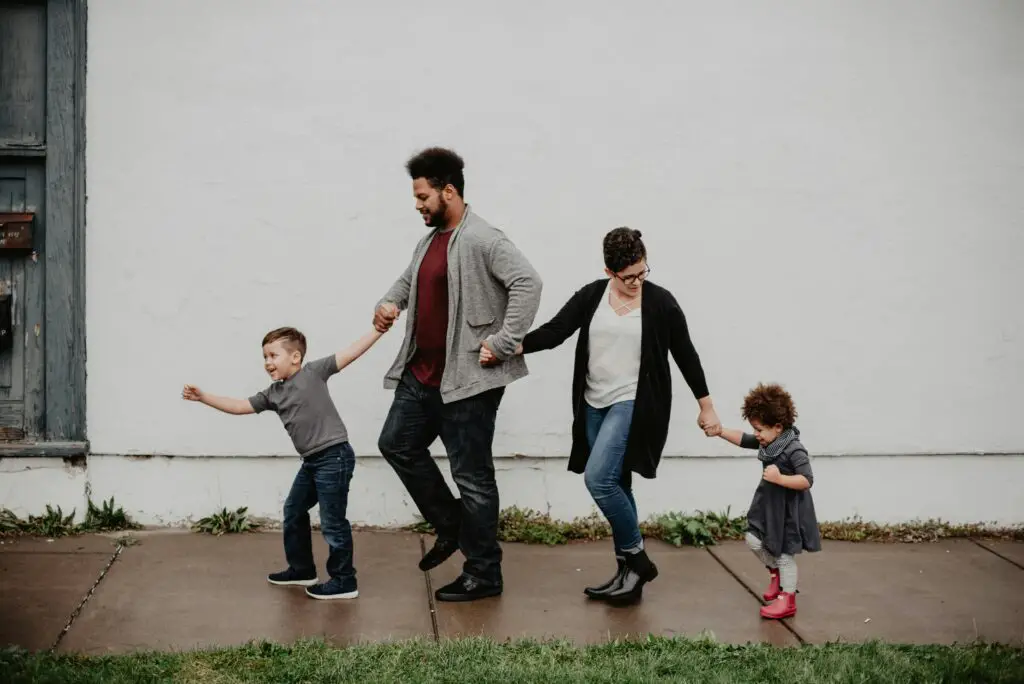
Growing up, we learned that no matter what illness or injury we had, our parents had a traditional remedy for it. Stomach ache? Drink this weird tea. Sore throat? Gargle with salt water and don’t even think about cold drinks. If we had a fever, we weren’t reaching for Tylenol first—we were getting wrapped up in blankets to “sweat it out.” We’d complain and beg for regular medicine, but somehow, their methods always kind of worked. Even if we doubted it, we had to admit that our parents’ cures often got us back on our feet faster than expected.
Of course, we didn’t realize how unusual some of these remedies were until we talked to our friends. They’d stare in horror when we casually mentioned putting garlic in our socks or rubbing mystery oils on our chests. It became a running joke that no matter the ailment, our parents would say, “Drink tea” or “Eat something warm.” As kids, we resisted these traditions, but as adults, we find ourselves reaching for them instinctively. Turns out, they were onto something all along.
11. Our Parents Didn’t Always Understand Pop Culture, But They Tried

Explaining ’90s pop culture to our parents was always an uphill battle. We’d beg them to let us watch a certain show, but they’d be skeptical, questioning why a sponge that lived in a pineapple was considered entertainment. Music was another struggle—if we played anything loud, they’d say it was just “noise.” Trying to get them to understand slang was even harder. If we said something was “cool,” they’d take it literally and ask why the temperature mattered.
But despite the confusion, they did their best to keep up. Some parents tried to watch our favorite shows with us, even if they didn’t fully get the jokes. Others attempted to use slang, only to mispronounce it in the most hilarious ways. We’d cringe when they tried to sing along to popular songs, but looking back, it was kind of sweet. Even though they didn’t always understand our world, they wanted to be part of it, and that meant everything.
12. We Didn’t Fully Appreciate Our Multilingual Upbringing Until We Got Older
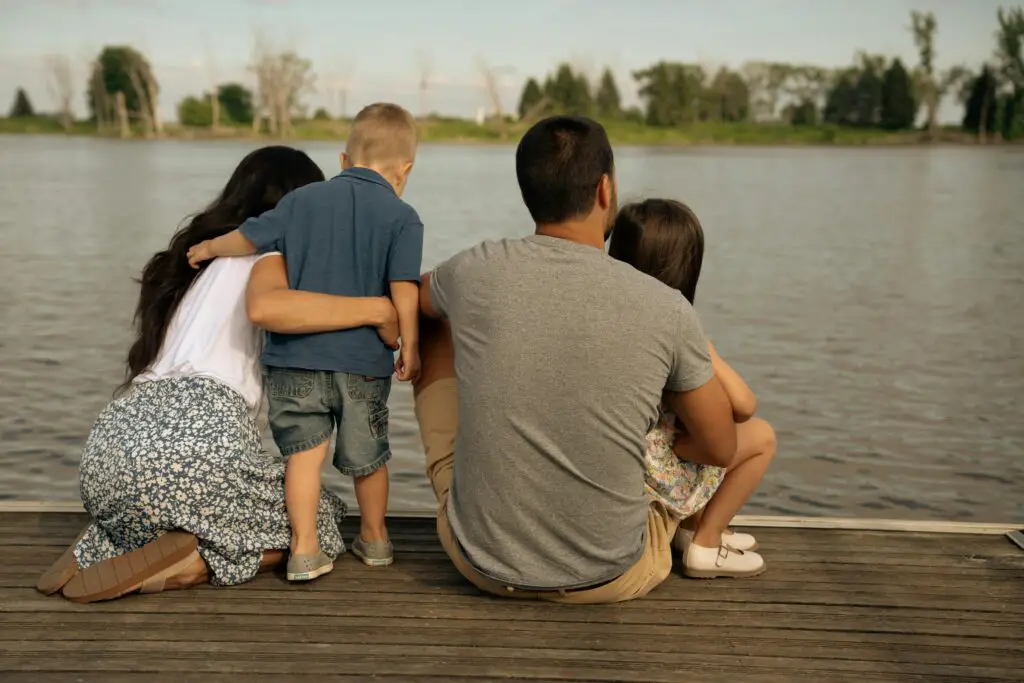
As kids, we sometimes resented the extra challenges that came with growing up in a multilingual household. We just wanted to fit in, to have the same experiences as our friends without constantly explaining ourselves. But as we got older, we realized what a privilege it was. Being able to switch between languages effortlessly gave us a deeper connection to our culture and our family’s history. It allowed us to communicate with relatives, understand traditions, and see the world through multiple lenses.
Now, we see how much it shaped our identity, giving us a perspective that not everyone has. It made us more adaptable, more understanding of different cultures, and more appreciative of where we come from. We take pride in the fact that we grew up balancing two (or more) languages, even when it wasn’t always easy. What once made us feel different is now something we wouldn’t trade for anything. Looking back, we’re grateful for every mispronounced word, every confusing translation, and every time we had to explain ourselves—because it made us who we are today.
